The UK government has just published an aviation strategy green paper outlining its long term ambition for aviation success after we leave the EU.
The green paper includes a section on General Aviation as well as covering the aerospace industry and commercial air transport.
Transport Secretary Chris Grayling, who department is behind the green paper, is in Switzerland today to sign a bilateral agreement ensuring continued flights between the two countries.
“The UK aviation sector is the biggest in Europe and will play an even more crucial role as we further develop as an outward looking global nation,” said Mr Grayling.
“Alongside this, the government is today launching the Aviation 2050 consultation – a long-term plan for sustainable growth to ensure the industry’s continued success.”
Aviation Minister Liz Sugg said, “Our aviation sector is world-leading and the Aviation 2050 strategy will promote success in the coming decades.”
The strategy includes reference to a modernised UK airspace to improve efficiency and reduce delays.
Mandatory ID
This leads on to the GA section where the government is proposing mandatory identification of all aircraft in UK airspace.
This would be achieved by electronic conspicuity devices to allow an aircraft to determine its own position and then broadcast that information to other aircraft in its vicinity, and receiving stations on the ground, providing greater situational awareness.
“Mandating such technology would mitigate the significant risks of mid-air collisions, and increase the ability to regrade airspace to enable greater sharing of airspace,” said the paper.
In addition, the government proposes to introduce civil sanctions for Air Navigation Order offences to give the CAA options other than a warning letter on the one hand and court action or the removal of licenses and permissions on the other.
Pilot training
Also mentioned is VAT relief on pilot training, long called for by the UK’s booming commercial pilot training industry.
“Any VAT exemption for pilot training would need to be implemented alongside a suitable regulatory framework for providers in order to comply with existing VAT rules for education and training.
“It is important to highlight that a VAT exemption for flight training could result in increased input VAT costs for training providers, potentially increasing the overall cost of provision. Careful modelling would be required in order to understand the impact on trainees, providers and airlines.”
Other points
- Continue working with EASA to develop a proportionate regulatory framework for GA and reduce burdens including the development of the EASA GA Road Map and an aim of simpler, lighter, better regulation for GA
- Continue to allow paid for flights in historic aircraft that cannot meet the safety criteria for commercial air transport operations
- Enable new activities of skytyping and skywriting
- Review the proportionality of the safety regime.
Aviation 2050 Strategy Consultation


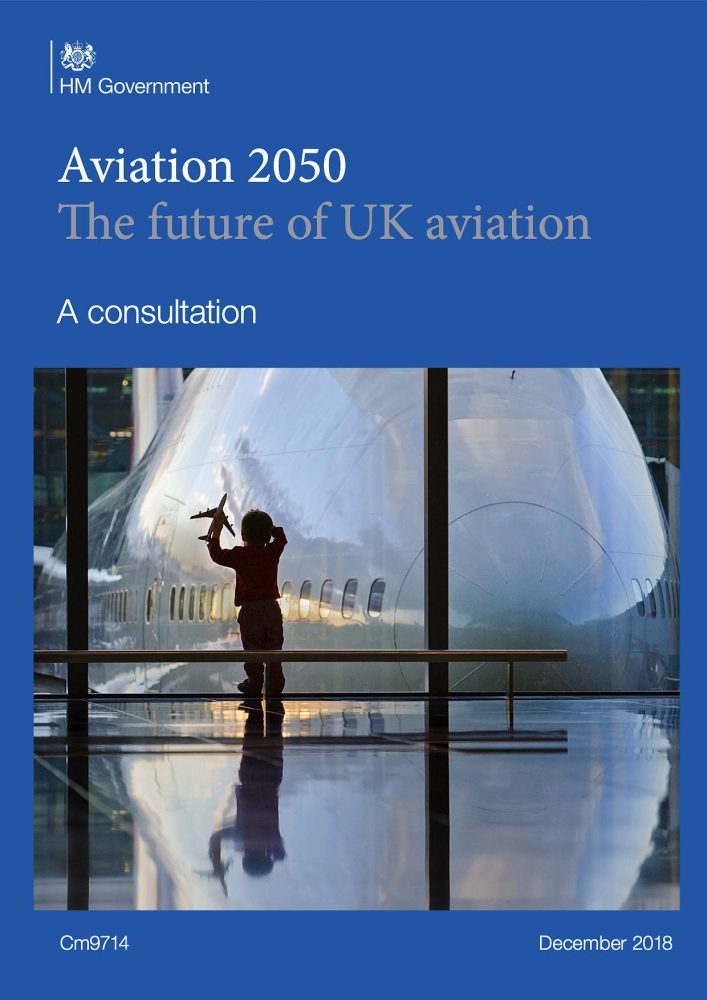
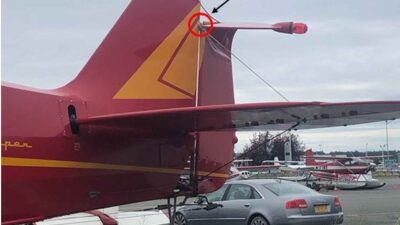
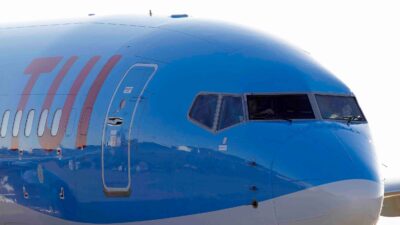
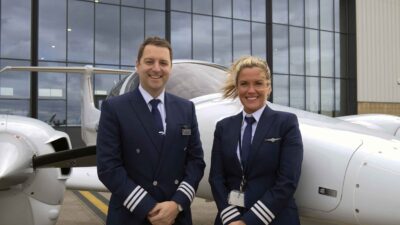
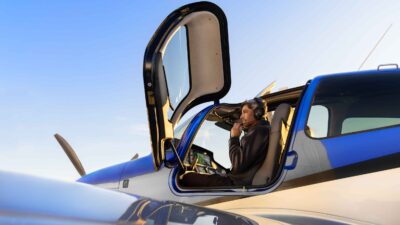
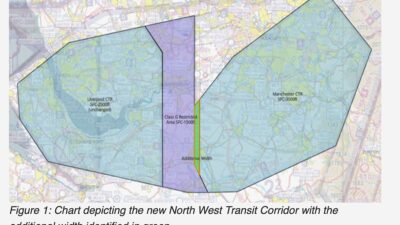
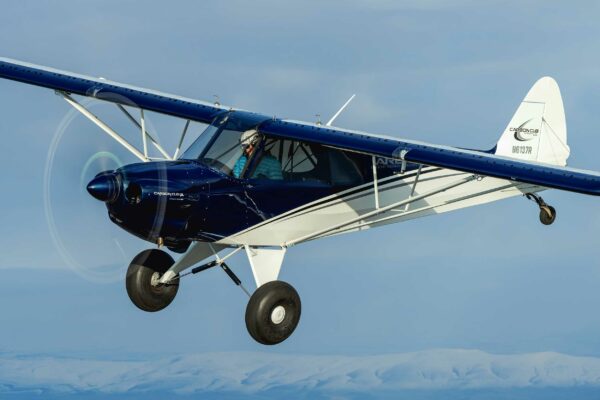
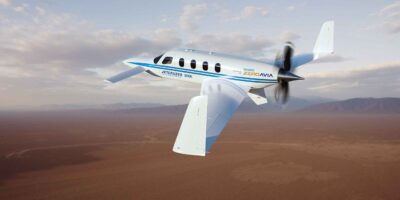

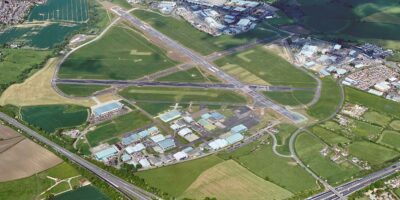
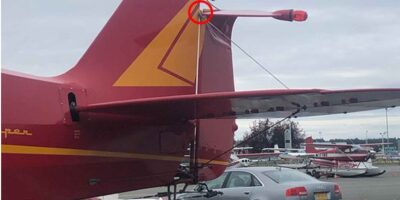
4 comments
With airspace becoming even more congested in certain areas of the UK it would seem logical for all aircraft to be visible to each other and the appropriate ATC service. However, is it necessary for every part of the UK to be included when not all aircraft have electrical systems to power the conspicuity devices and ATC in Control zones/areas seem busy already? If the service was automated that may change peoples view?
I’m guessing the cost will fall to us as usual. It will be an expensive and awkward addition for low budget single seat with dubious benefits.
As usual, a big stick to threaten the law abiding pilots, no amount of legislation will stop the threats from the wrong doers who don’t care about the laws.
Flying away on holiday used to be fun and part of the holiday experience, now the cattle shed airports have taken away this element, please don’t let this happen to “flying for pleasure” by more rules and cost which are not really needed.
Pilot aware is not expensive , around £200 and a annual subscription of £12. It gives you great situational awareness through visual and audio signals, no need to have your head in the cockpit, it tells you where to look. If you can’t afford that for the additional safety benefits, should you really be flying?